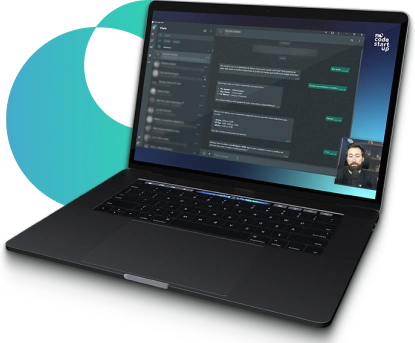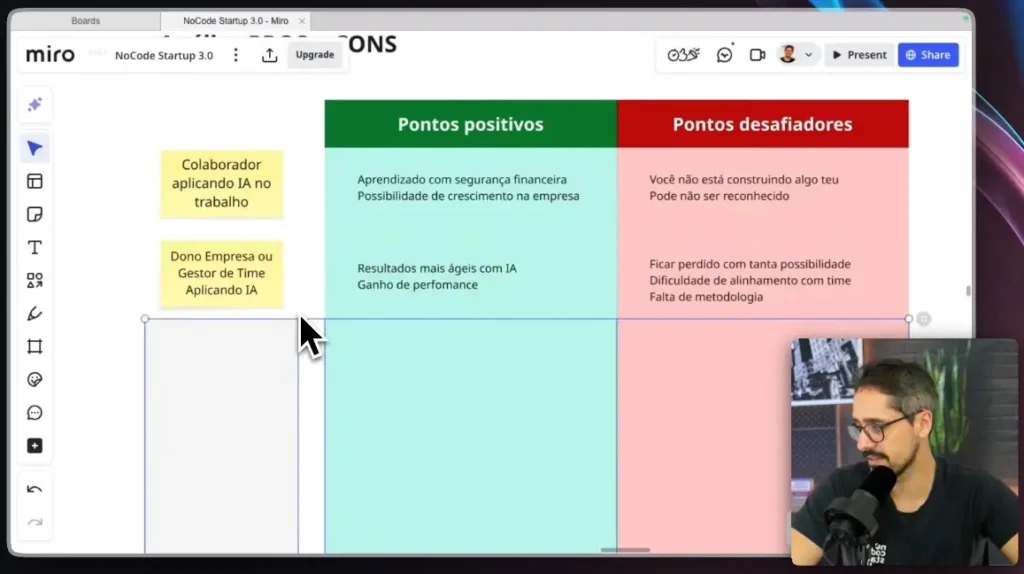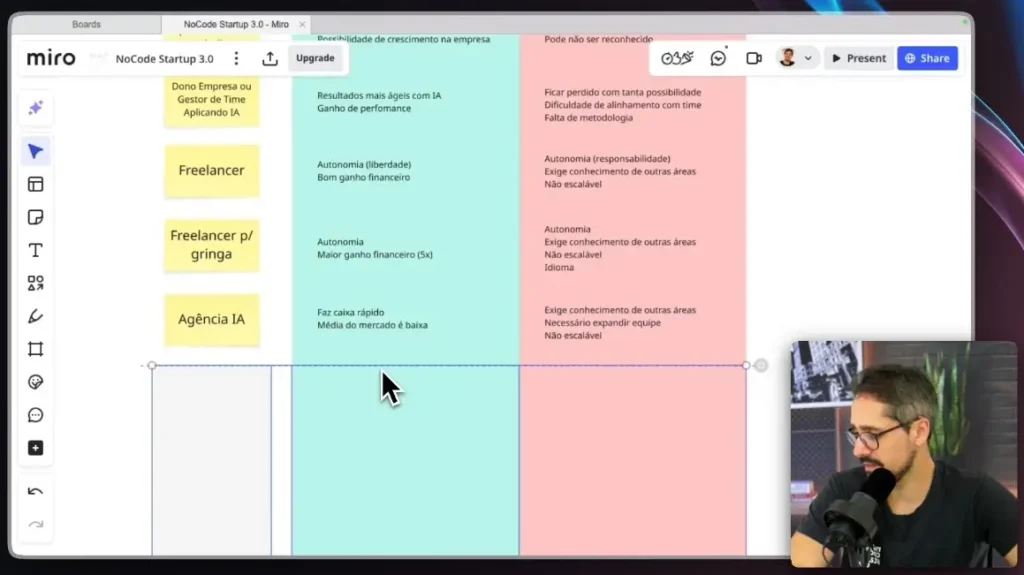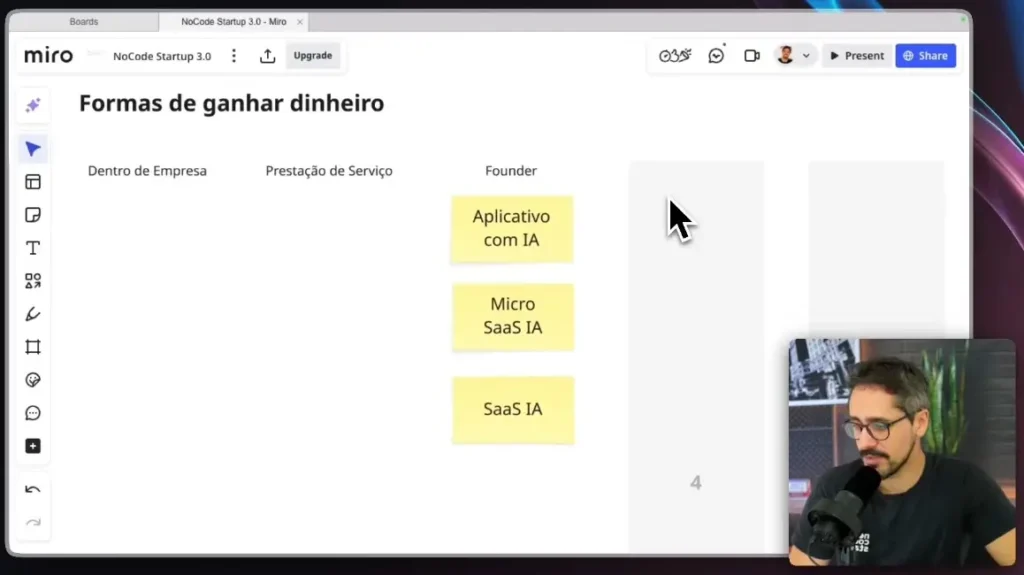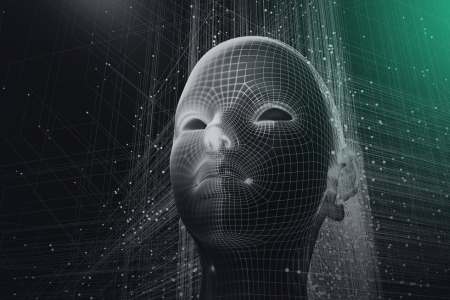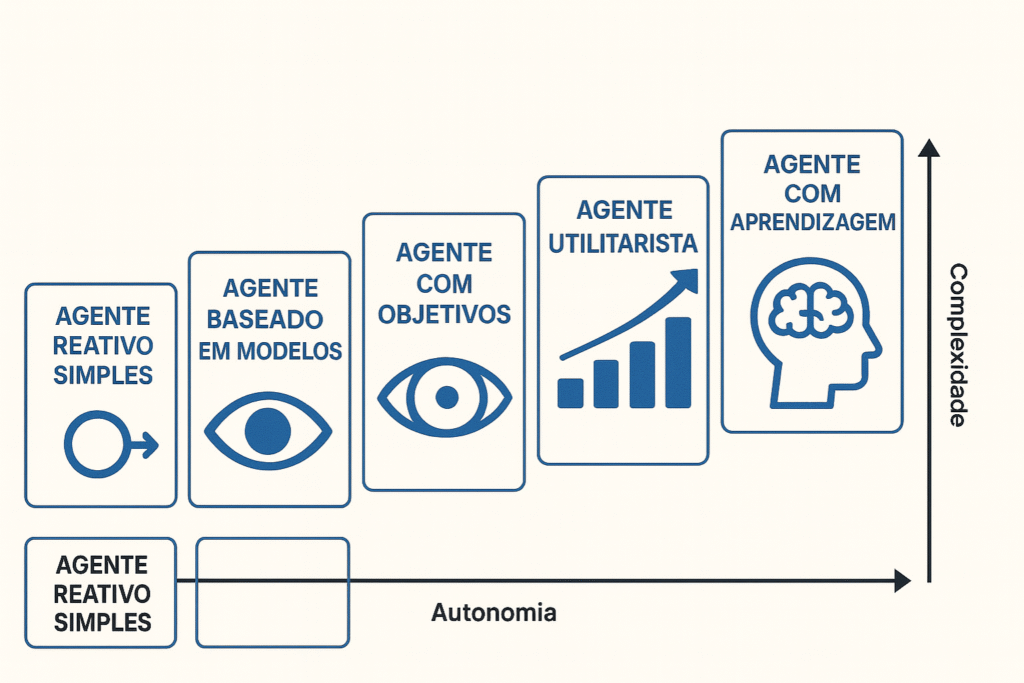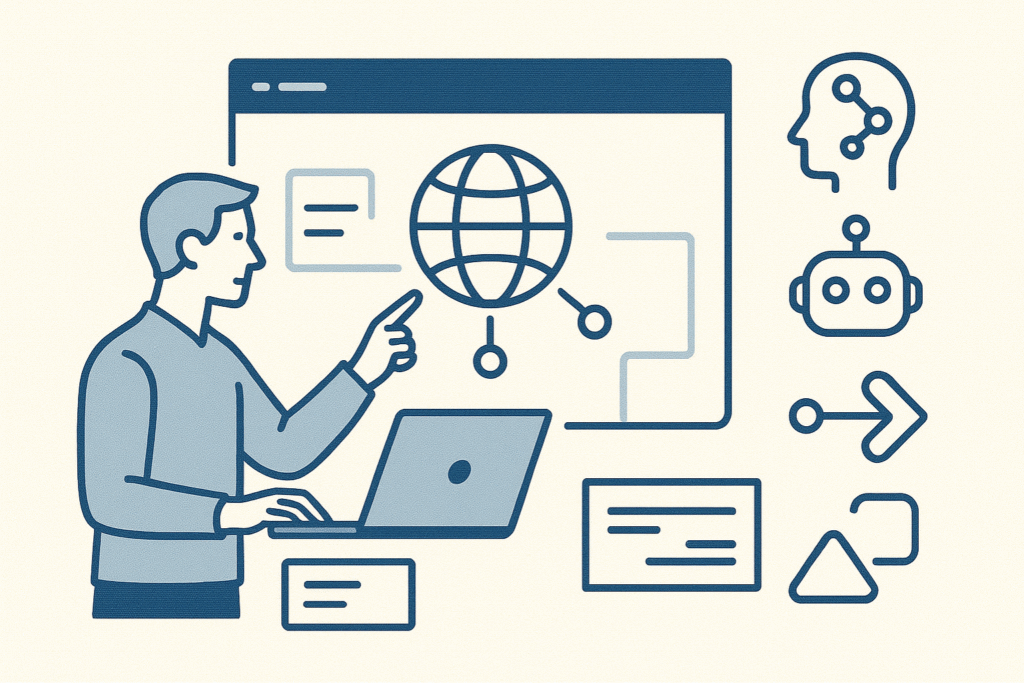How AI is changing the market can be observed in practically all sectors of the economy, and this change is intensifying every day. Artificial intelligence (AI) is being recognized as a disruptive force that is profoundly reshaping the global market. From simple tasks to complex decisions, it has been integrated into processes in various sectors, transforming the way people work, consume and manage businesses.
Furthermore, when observing the effects of this transformation, it becomes clear how much the job market is being reconfigured: new opportunities arise, some professions lose ground and others adapt or are reborn with the support of technology, which demonstrates how AI is changing the market in a broad and profound way.
Contents
How AI is changing the job market
AI is accelerating the automation of repetitive and operational tasks. AI systems are already being used to efficiently perform:
- Customer service with chatbots.
- Predictive data analysis for sales and marketing.
- Automated financial and audit processes.
- Inventory control and logistics.
These changes not only reduce operational costs, they also require the workforce to be retrained for new roles, which reinforces how AI is changing the job market with great intensity.

Professions affected by artificial intelligence
According to PwC's report on the future of work (source), it is estimated that up to 30% of human tasks could be automated by the mid-2030s. This data shows, in practice, how AI is changing the job market and skills requirements.
Some of the roles most impacted by AI include:
- Telemarketing operators
- Administrative assistants
- Data Analysts (some tasks being replaced by generative AI)
On the other hand, new functions emerge, such as:
- Prompt Engineers
- Automation experts with NoCode
- Conversational Experience Designers
- Intelligent Agent Managers
Those AI agents, for example, have been increasingly used in companies seeking to automate decisions and perform tasks with minimal human intervention. According to an analysis of the The Verge, large companies such as OpenAI, Google and DeepMind are investing heavily in the development of these systems, which can already act independently in complex corporate processes. They are designed to operate autonomously, learn continuously and integrate with other technologies — which makes them key players in the ongoing digital transformation.
What's Happening Now: How AI is Changing the Marketplace in Numbers
The AI market is experiencing exponential growth. The sector is estimated to surpass US$ 500 billion in value by 2027. There is a global race for innovation, with startups, large companies and governments investing heavily in:
- Generative models (like ChatGPT)
- Robotic Process Automation (RPA)
- Artificial intelligence applied to health, education, law and agribusiness
This movement demonstrates how AI is being positioned as a strategic asset for growth and competitiveness.
Suggested reading:
AI Agent and Automation Manager Training
What are the negative aspects of AI in the job market?
Despite promising advances, important challenges also arise:
- Structural unemployment: functions terminated without sufficient time for requalification
- Digital inequality: not everyone has access to technological education
- Technological dependence: companies become hostages of platforms and algorithms
- Ethical and privacy issues: inappropriate use of data and biased automated decisions
These factors require public policies, business leaders and civil society to debate limits, transparency and responsibilities in the use of technology.

Opportunities and the future of work with AI
The key is in the conscious adaptation. The future of work will be driven by:
- Continuous learning and professional requalification
- Mastery of AI tools and NoCode platforms
- Creating new business models based on data and automation
- Development and management of autonomous AI agents
Increasingly, professionals and companies will need to adopt a stance proactive and experimental, turning AI into an ally.
Recommended courses:
AI and entrepreneurship: new market frontiers
Artificial intelligence is not only transforming the traditional job market, it is also paving the way for new business models. Digital entrepreneurs are using AI to create scalable products such as intelligent assistants, recommendation systems, and data-driven SaaS platforms. No-code tools combined with AI agents are enabling the emergence of lean, highly automated, and highly personalized startups.
A great example is the AI-based micro-SaaS, which solve very specific problems and can be created by a single person. Platforms like Bubble, FlutterFlow and Make, integrated with OpenAI models, make this scenario not only possible, but accessible.
For those who wish to explore this new territory, we recommend SaaS IA NoCode Training, designed to transform ideas into digital products using the power of artificial intelligence.
How AI is changing the market and shaping the future
Artificial intelligence is changing the market in an irreversible way. It is not only a technological revolution, but also a social, professional and economic transformation. The question is no longer “if” AI will impact your work, but “how will you position yourself in this new era”.
The good news is that there have never been so many accessible tools for those who want to learn AI in practice.

